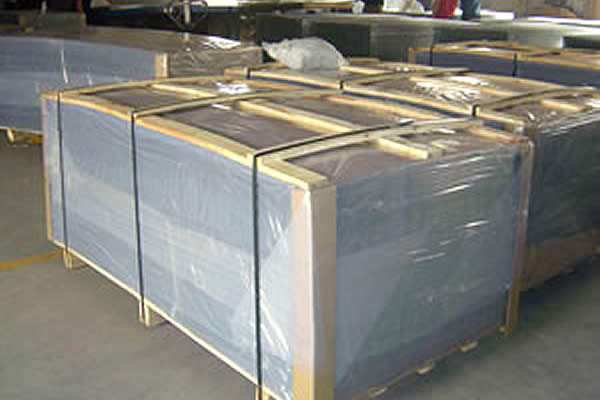 TEL:
+86-13102802206
TEL:
+86-13102802206
 Email:
fencenetting@china.com
Email:
fencenetting@china.com
 Language
Language
 TEL:
+86-13102802206
TEL:
+86-13102802206
 Email:
fencenetting@china.com
Email:
fencenetting@china.com
 Language
Language


The Versatility of Gabion Wall Wire Mesh
Gabion walls have become a popular solution in the construction and landscaping fields, thanks in large part to their durability and aesthetic appeal. Central to the construction of gabion walls is wire mesh, which not only serves as a structural component but also as a key element in achieving versatility in design and functionality.
Gabion walls are made of wire mesh cages filled with stones, rocks, or other materials. The wire mesh, usually constructed from galvanized steel or PVC-coated wire, provides the framework that holds the materials together and gives the wall its shape. The design allows for effective drainage while offering a robust barrier against soil erosion, making them an ideal choice for various applications, including slope stabilization, water management, and decorative features in landscaping.
One of the primary advantages of gabion wall wire mesh is its strength and durability
. The galvanization process protects the steel from rust and corrosion, enabling it to withstand harsh weather conditions and resist degradation over time. This longevity is particularly beneficial for projects in areas prone to extreme weather, as gabion walls can endure significant pressure from soil and water without compromising structural integrity.
Additionally, gabion walls can be easily customized to meet specific design needs. The wire mesh can be manufactured in various sizes, shapes, and configurations, allowing builders to create walls that fit the landscape seamlessly. For example, in a garden setting, smaller gabion structures can be used as decorative planters or seating areas, while larger configurations may serve as retaining walls for sloped terrain. This adaptability makes gabions a favored choice among landscape architects and engineers.
Environmental sustainability is another significant aspect of gabion walls constructed with wire mesh. By using locally sourced stones or recycled materials for infill, these walls can minimize transportation costs and reduce the carbon footprint associated with construction. Furthermore, gabion walls promote the natural flow of water, which helps to prevent erosion and preserve the surrounding ecosystem. This aligns with modern construction practices that prioritize eco-friendly materials and methods.
In terms of installation, gabion walls are relatively easy and quick to construct. The modular nature of the wire mesh cages allows for straightforward assembly on-site. Unlike traditional masonry walls, which require extensive labor and specialized skills, gabions can often be installed by a small team without heavy machinery. This not only reduces labor costs but also expedites project timelines, making them an efficient choice for many construction projects.
In conclusion, gabion wall wire mesh offers a unique blend of strength, versatility, and sustainability that has led to its rising popularity in various applications. Whether used for practical purposes such as erosion control or aesthetic features like garden walls, gabion walls constructed with wire mesh provide effective solutions while enhancing the beauty of the environment. As the construction industry continues to evolve, gabions stand out as a timeless option that meets both contemporary and traditional requirements, ensuring that they will remain a staple in landscaping and civil engineering for years to come. Embracing this innovative approach not only benefits projects but also aligns with the growing demand for environmentally responsible building practices.